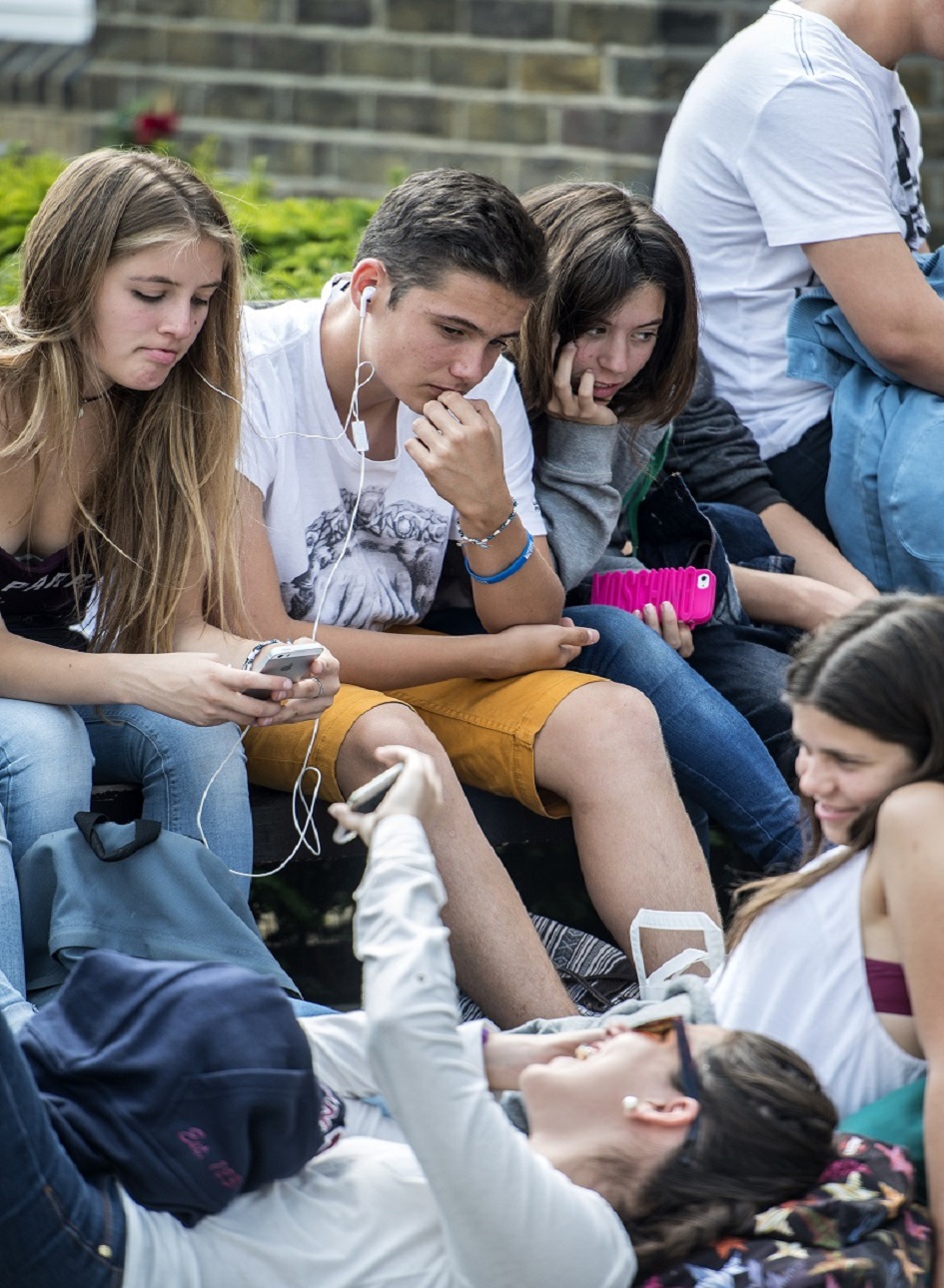Measuring children’s wellbeing in Scotland and the policy agenda
The third sector organisation Children in Scotland brought together researchers from ISER with colleagues from Cardiff University, ScotCen and the Scottish Government to discuss new research on determinants and measures of subjective wellbeing in children, motivated by the Scottish government’s desire to better measure children’s wellbeing. Dr Cara Booker and Dr Gundi Knies shared their work using Understanding
Society, the UK Household Longitudinal Study (UKHLS), examining different aspects of the subjective wellbeing of 10-15 year olds. Dr Knies’ work explored the effects of family economic circumstances and neighbourhood deprivation on youth life satisfaction while Dr Booker explored the relationship between changes in social media use and youth wellbeing.
Using information from the first five waves of the UKHLS and exploiting the longitudinal nature of the data, Dr Knies’ analysis suggests that children’s life satisfaction is higher according to their family income, and that this holds net of the effects that low income may have on material deprivation and neighbourhood deprivation. The analysis also suggests widening satisfaction gaps for girls from the age of 12 and for White British boys compared to boys from minority ethnic backgrounds from the age of 13.
Generally, social media use increased with age while changes in wellbeing vary depending on the outcome used. Dr Booker’s findings also showed that the association between social media use and wellbeing was greater for females than for males. Feedback from experts focused on the role of schools and more specifically teachers in ‘monitoring’ their pupils wellbeing and what might be done to change the school ‘work’ culture into one that is able to address all of the needs of the pupils, including their mental wellbeing.
Key issues raised were how the proposed curriculum changes in Welsh schools might be adapted to Scottish schools and what evidence is still needed (either Scottish context-specific or generally) that could be fed to the Scottish Government to assist with their decisions on how to measure child wellbeing.
Smart phones with warnings – recommendations to government and industry on social media and screen time
How does online social networking and ‘screen-based media’ influence young people’s wellbeing, and how should policy makers respond? Dr Cara Booker’s study into screen time use, published in the American Journal of Public Health found a range of negative relationships between adolescent wellbeing and technology.
The analysis, using data from Understanding Society, found associations between usage of screen-based media (SBM), online social networking sites (SNS) and various measures of wellbeing and socio-emotional difficulties. In a separate policy discussion paper, the British thinktank Strategic Society Centre drew up a response to the research, exploring its implications for public health and evaluating a range of potential policy responses.
Their report Screened Out recommends that the government issue national guidelines for volume of SBM and SNS usage among young people, to empower young people through public health campaigns and compulsory school programmes by educating them about how social media and gaming usage may affect their wellbeing. They also call on technology and internet companies to acknowledge their responsibilities, and to engage with the risks posed to young people’s wellbeing and, where necessary, re-design hardware and online experiences to ‘nudge’ young people’s behaviour.
Are we looking for happiness in all the wrong places?
Gundi Knies’ study of children’s wellbeing led to a collaboration with the London theatre company, the
Roundhouse, and after three years of planning and workshops the production, The Happiness Project, opened at the Edinburgh Fringe Festival before a short run in London. Dr Knies worked alongside the young people creating and performing, exploring their understanding of happiness and wellbeing. Devised in response to the research that raised concerns over young people’s well-being in the UK, The Happiness
Projectwas described as “an intergenerational piece of personal and moving contemporary theatre that journeys through autobiographical stories set to a musical landscape to explore the human condition”.
